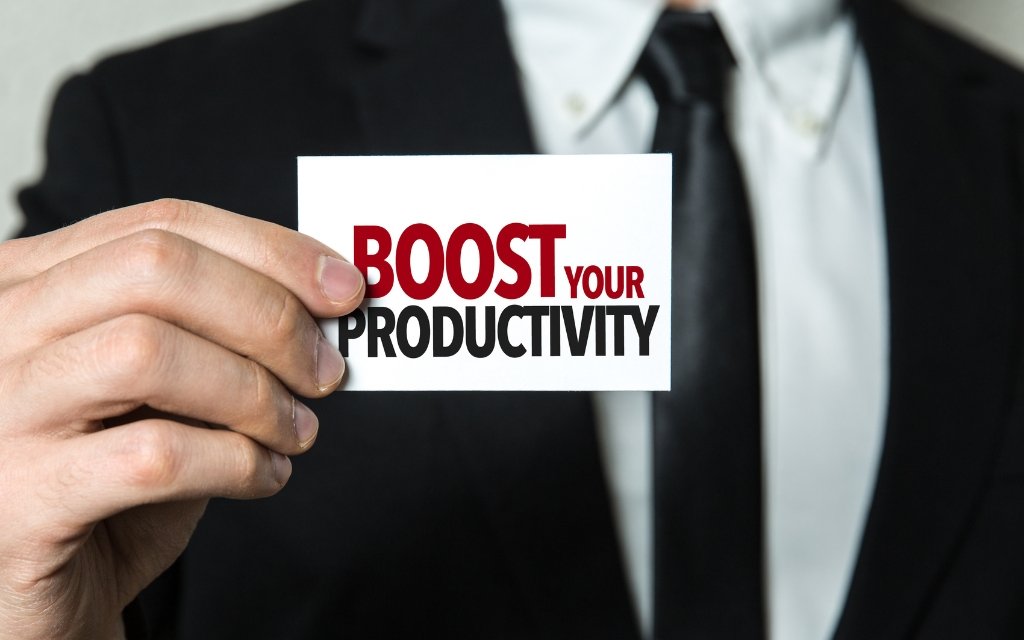Discover what technology is required to be a lawyer, from research tools to case management software, for a successful legal career.
Becoming an attorney is not easy. I can remember nights on end in law school buried in casebooks, thinking that being an attorney was just about understanding statutes, writing briefs, and defending clients. As I transitioned into practice, I quickly realized that being a successful lawyer today isn’t just about knowing the law; it’s also about understanding the technology needed to navigate the profession.
In today’s fast-moving, digitized world, technology is the backbone of each and every profession. One can notice its influence from research into case management, right to client communications about legal issues. Be it a well-seasoned attorney or fresh from college into the world of law, availing oneself of the tools at hand will make or break careers.
Let me guide you through the must have technologies every lawyer should use, share how these tools have transformed my own practice, and point you toward helpful resources to kickstart your journey.
Table of Contents
Legal Research Tools: Your Digital Library
Let me start with this: as a lawyer, you will spend an insane amount of time doing research. I always thought that legal research involved going to the library and thumbing through reams and reams of law books. Well, let’s be realistic: who has time for that anymore? Knowing what technology is required to be a lawyer starts with mastering legal research tools such as Westlaw, LexisNexis, and Fastcase.
These platforms enable you to find case law, statues, and legal precedents within a few clicks: for example,
Personal Experience:
In one of the first cases I worked on as an intern, I had to spend days and weeks trying to find a precedent for what was a pretty tricky legal issue. Little did I know about something called the Westlaw magic wand handed over on the very first use since searching cases by jurisdiction and topics saved me from countless agony, and trust me, those hours are so critical when you bill the client every hour.
Case Management Software: Wrangle Chaos to the Curb
If you have ever tried juggling cases, you know how overwhelming it might get: deadlines, court documents, client communications-it’s like spinning many plates while walking on a tightrope! Knowing what technology is required to be a lawyer means knowing that case management software plays a major role in this.
Popular choices include the:
Relatable Example:
Think of case management software as the Marie Kondo of your legal practice-everything gets decluttered, streamlined, and organized. Instead of having to scramble for that one email from a client, you’ll have all your documents and communications in one place.
Productivity tools will be your new BFFs

Lawyers are busy people, and sometimes it feels like there aren’t enough hours in the day. That is why productivity tools are one of the must-haves for those who wonder what technology is required to be a lawyer in today’s digital age.
Here are a few tools I swear by:
A relatable analogy would be, productivity tools are like your personal assistant-as much as it won’t go fetch you some coffee, it keeps you on time and pretty much on top of your assignments.
Hardware Requirements: The Tools of the Trade
A good lawyer is only as good as his tools-investing in the right hardware is key to understanding what technology is required to be a lawyer.
Essential hardware includes:
Personal Suggestion:
When first starting this, I tried to economize by utilizing an older laptop. It crashed in the middle of a Zoom deposition. Had then to scramble and borrow a colleague’s computer. Lesson learned: don’t cheap out on hardware.
Emerging Legal Technologies-The Future is Now
The practice of law is evolving, and being ahead of the pack means embracing new technologies. When considering what technology is required to be a lawyer, it’s worth exploring emerging tools like:
Why It’s Exciting:
I will say, I was skeptical about AI at first. But then I tried Casetext, and was really blown away by the amount of time it saved me in drafting briefs. It is like having a junior associate who never sleeps!
Communicating Tools: Keeping in Touch

Effective communication is the backbone of any successful legal practice; therefore, knowing what technology is required to be a lawyer means knowing and utilizing the best communication tools available. Some popular options are:
What has helped:
For example, the pandemic came in, and all the client meetings started happening online. Initially, it was quite an irritation since the video could not match clunky platforms. It was then that I switched onto zoom -and voilа-everything clicked. People are not noticing the difference due to convenience; on the other hand, it only flagged me as a pretty agile, tech-savvy individual.
E-Discovery: Taming the Data Jungle
Most of the litigation involves a lot of data, and its manual perusal is a nightmare. E-discovery tools like Relativity and Everlaw are something without which lawyers cannot survive in this digital era.
Example: Suppose one has to run a case against thousands and thousands of emails. E-Discovery tools, if there is no need to go through each and every one of them, will save many hours work filtering out keywords, specific dates, or even tonal sentiment.
Continuing Education: Staying Ahead of the Curve
Technology is always changing, and it is imperative to stay current. Here are some organizations that provide training and/or certification in legal technology: American Bar Association (ABA) The ABA does webinars among other things about legal technology. Tech-Savvy Attorney Training Classes for attorneys looking to enhance their use of technology. LinkedIn Learning has classes on Excel, Microsoft Teams, and the basics about AI.
FAQs
1. What are the technologies a lawyer can’t live without?
The attorney relies on a host of necessary technologies to facilitate their practice: legal research platforms, such as Westlaw, LexisNexis, or Fastcase, which assist them in finding statutes and case law quickly; case management software, like Clio, MyCase, or PracticePanther, to handle the case and schedules; productivity tools like Microsoft Office Suite or Grammarly that help prepare documents; and communication platforms like Zoom or Slack to facilitate frictionless interaction with clients and teams.
2. How has technology changed legal research for lawyers?
Technology flattened the legal research landscape-from physical law libraries to digitized platforms. Tools like Westlaw and LexisNexis can keep lawyers busy in focused searches, filtering of cases by jurisdiction, and access to current information for any moment in time. These tools integrate features of AI to improve accuracy and velocity in search, by which large amounts of time can be saved on the part of lawyers with fewer manual works.
3. What is the most essential hardware required by a modern-day lawyer?
They perform various tasks on high-performance laptops, such as the MacBook Pro or Dell XPS, with integrated printers/scanners, like the Brother MFC series, and using a dual monitor for multitasking. Such tools will keep operations smooth, whether it is drafting documents, participating in virtual meetings, or organizing case files. Quality and dependable hardware is very important to keep productivity and professionalism appropriately.
4. Why is cybersecurity important to lawyers, and what tools would you recommend for them?
Cybersecurity is one of the most critical areas in law because of the sensitivity of information about clients. Lawyers should make use of password managers like LastPass, virtual private networks like NordVPN for safe browsing, and encrypted email services to protect sensitive information against data breaches. The American Bar calls for the implementation of reasonable cybersecurity measures that will ensure adherence to professional obligations and the preservation of client confidences.
Conclusion:
Moving towards Technology for a Successful Career Thinking back on my early days as an attorney, I find myself amusingly naive in the place of technology. Understanding what technology is required to be a lawyer isn’t just about staying current but thriving in a competitive field. Whether drafting contracts, managing cases, or preparing for trial, proper tools save time and reduce stress and may even impress your clients.
The takeaway from here, therefore, would be not to be scared of investing in technology. First, small ones-say, maybe case management software or just a good laptop-and then build from it. Whereas the legal profession is steeped in tradition, its future lies with lawyers who welcome and support change.
Additional Resources
Here are some useful links to help you dive deeper into legal tech:


